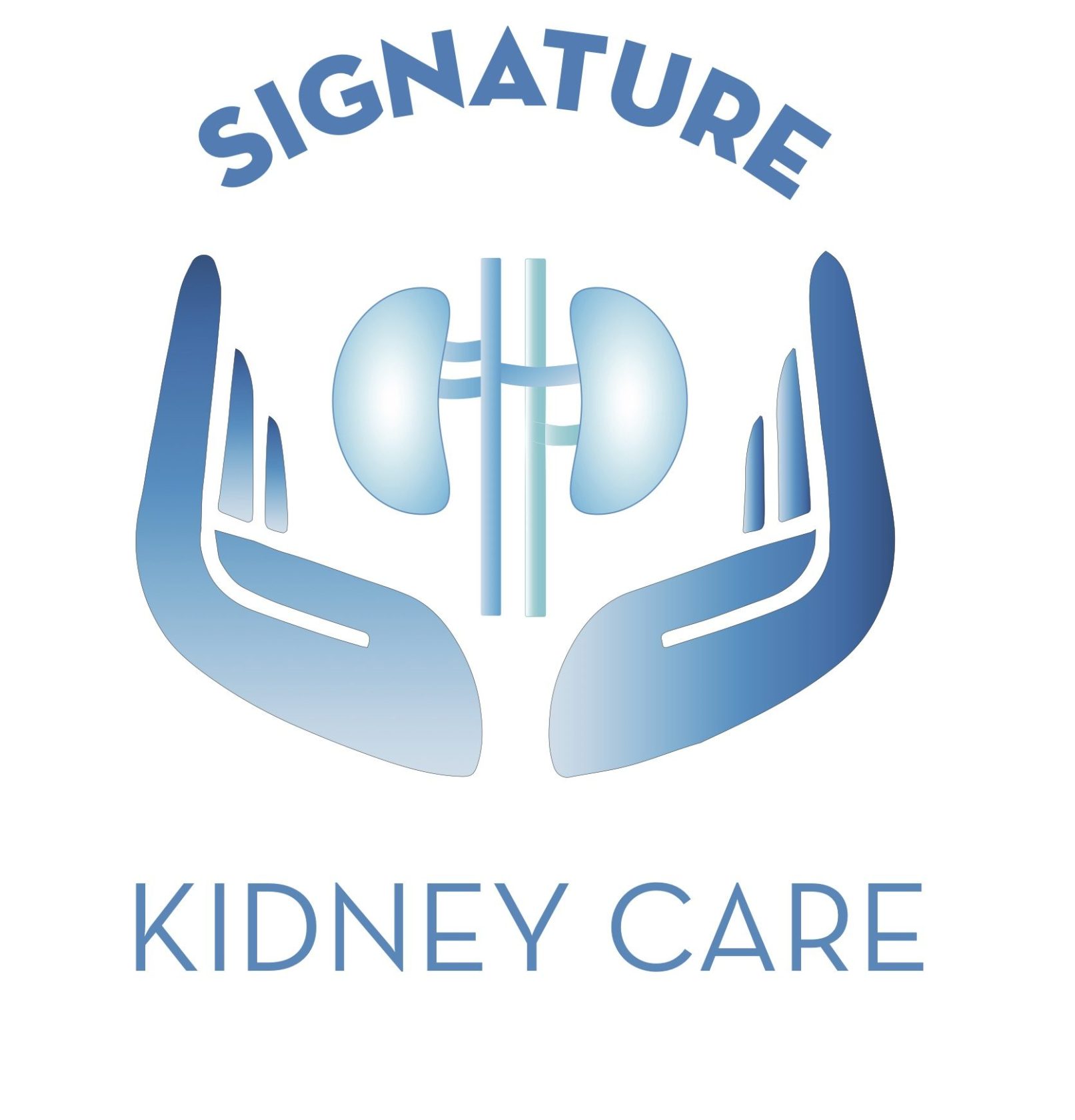- Some medical emergency room (ER) visits, and possibly hospital admissions, are avoidable. Here are a few suggestions of how to prevent frequent ER visits or be in control of the circumstances that require ER visits.
WHY WOULD YOUR DOCTOR SEND YOU TO ER?
- Data on your condition (e.g. lab results or imaging reports) arrive after hours and there is a need to address them immediately. These are matters that cannot wait until the next office day.
- Your condition requires emergency care. If not, then your doctor may choose to admit you directly to the hospital floor without stopping by the ER.
WAYS TO PREVENT THE NEED TO GO TO ER.
(1) TIMELY DATA COLLECTION.
- Schedule Office Visits Early In The Mornings
When issues are discovered early during business hours, there is time to handle them. This is more efficient than the need to send you to ER when an issue is realized after hours.
- Do Your Lab Work AS Early AS POSSIBLE In The Day
This way if an abnormal or critical value is noted early, your doctor will be available to handle it and not left for the on-call doctor who may not know you.
- Try To Get Lab/Imaging Results As Early As Possible
Call the lab or imaging center to get the results/ reports early, before noon time if possible. Your doctor’s office staff can assist in this effort.
(2) MAINTAIN CONTINUITY OF CARE.
- Keep All Your Appointments With Your Doctors
Missing appointments or frequent rescheduling of appointments, may delay detection of serious conditions.
- Get Labs/Imaging Studies Done Promptly
Do not delay work up as some of these tests may be time sensitive. Timely results may be needed to avert an emergency situation. If cost is an issue, there are ways to manage if you have a high deductible insurance or no insurance coverage. How to obtain affordable labs, imaging studies, and procedures?
(3) COMMUNICATION AMONGST SPECIALISTS.
- Inform Your Doctors When Labs Are Done By Another Doctor In Your Care Team
This way your care team will be able to coordinate your medical care, and reduce the number of times you are stuck for blood tests.
- Ask Other Doctors To Send Results Of Labs/Imaging To Your Primary/Other Doctors
This way they can be on the look out for results that may not arrive until end of a business day or business week.
(4) AVOID POTENTIAL MEDICATION RELATED PROBLEMS.
- Take Medications As Prescribed
Delays or changes that are not authorized by your doctors may cause serious consequences that require ER visits. If cost is an issue, there are ways to manage if you have a high deductible insurance or no insurance coverage. How to obtain affordable medications?
- Inform All your Doctors Of Any New Medications That Are Prescribed By Other Doctors Before Taking Them
Specialists may prescribe medications that may interact with other medications if they do not have the complete list of your medications. This also includes over the counter medications and herbs. Carry a full list of medications you are taking with you all the time.
(5) INFORM AND BE INFORMED ABOUT YOUR MEDICAL CONDITION.
- Inform Your Doctors Of New symptoms Or Concerns As Early As Possible Even If Mild
These symtpoms may be early warning signs of serious issues that can be handled in the outpatient setting early, but may become serious enough later to require ER visits.
- Ask Questions During and After Your Scheduled Visits To Be Familiar With Your Condition.
If you are familiar with your medical condition and potential complications, medication side effects, etc., You will be able to anticipate issues that may arise in the future. You will know when to communicate with your doctors to act quickly to avert complications.
See Patients’ Rights & Responsibilities
(6) KEEP IN MIND INSURANCE ALLOWANCE OR LACK OF INSURANCE.
- Discuss With Your Doctors Options of Medical Care In View Of Your Medical Insurance Allowances
If there is a need for an admission or an ER visit in the future, discussing limitations of insurance requirements, or lack of medical insurance, in advance of an emergency will benefit in the following:
(1) Cost reduction. Options that are less costly can be reviewed prior to the emergency. Keep all options up to date, as things may change with insurances, policies, etc.
(2) Family preferences. Proximity to home so family can visit frequently.
(3) Have a plan of what to do before you become ill. Review this plan frequently and make adjustments.
